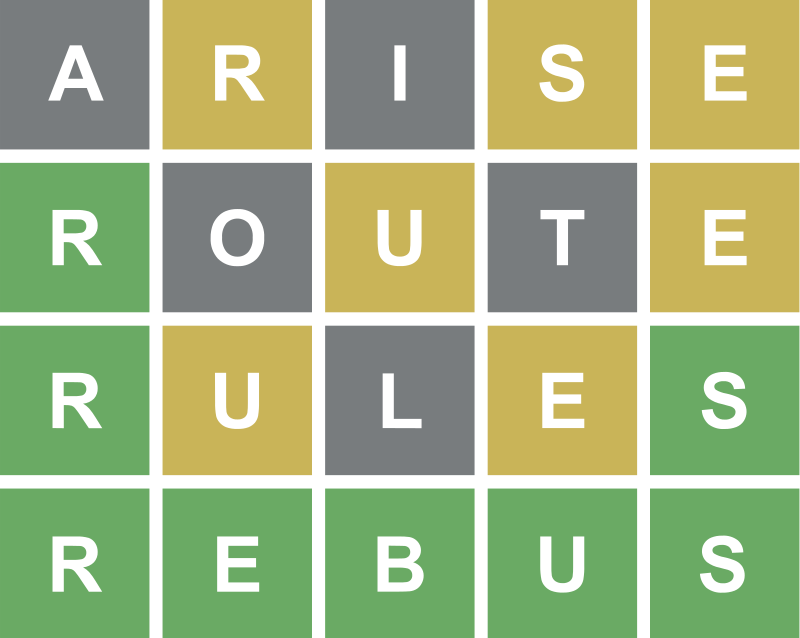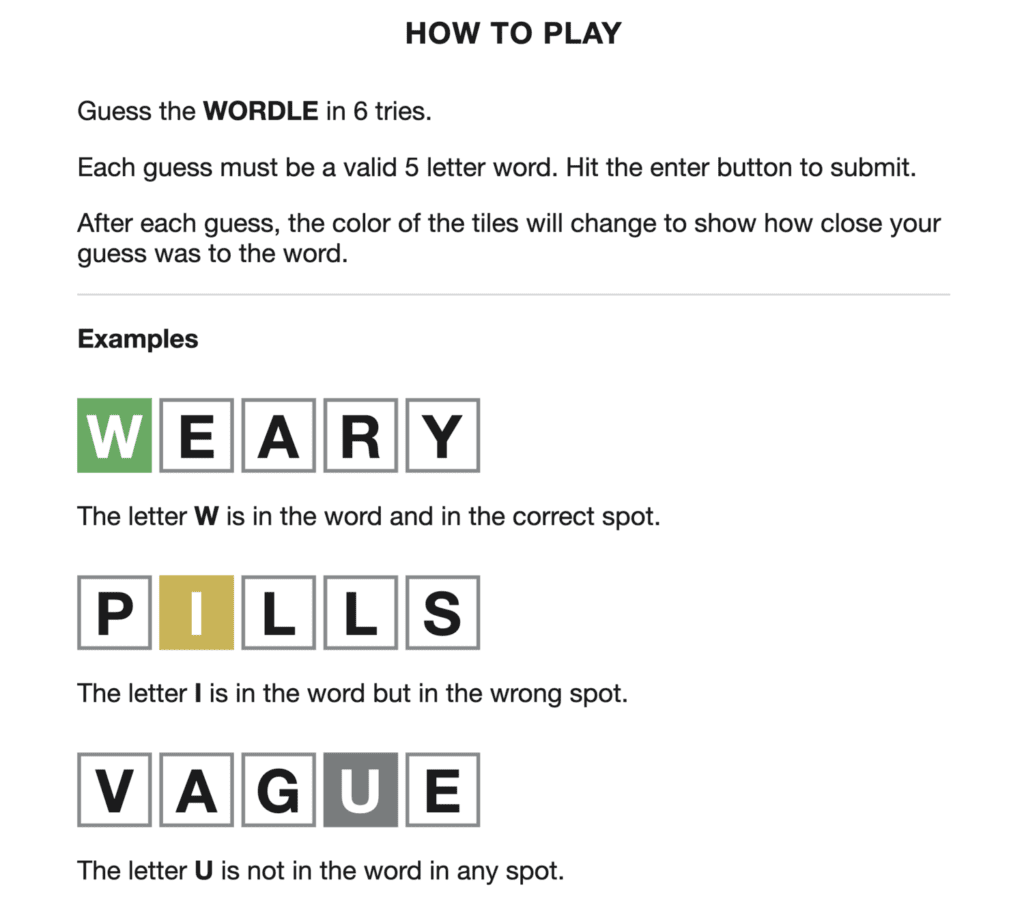
The simple game of ‘Wordle’ is sweeping the world and is allowing people to practice their English vocabulary and spelling skills.
Here are some useful tips on how people can use ‘Wordle’ to learn English in a fun and interactive way.
How to Play ‘Wordle’
The beauty of ‘Wordle’ is because it is so simple to play; you just need to ‘Guess’ the word and select the right ‘letters’ to reach the final correct word.
It is suitable for all ages and anyone from any background can play and players can compete against anyone in the world!
Play ‘Wordle’ here - https://www.powerlanguage.co.uk/wordle/

How Educators Can Use ‘Wordle’
Here are some quick tips on how teachers can use wordle to teach in the classroom and tips on how to play the game with success.
Educators can adapt ‘Wordle’ to allow students to learn new words and practice their English skills.
Students are now more tech-savvy and expect technology to be a large part of their education so educators can adapt ‘Wordle’ using different formats like MyWordle.me , Word Game from SlidesMania and Word Rodeo.
For more information on how to adapt ‘Wordle’ for children/students, please go here:
https://learninginhand.com/blog/wordle-games-for-the-classroom
How Educators Can Use ‘Wordle’
There are many ways to use ‘Wordle’ to teach vocabulary in the classroom or even as a form of home learning.
Here are several ideas to use ‘Wordle’ with phrasal verbs in order to extend both sentences and vocabulary practice.
Discover Phrasal Verbs Using ‘Wordle’
Educators can select a theme and find a set of phrasal verbs associated to it (ex. sports, travel etc).
The educator can then create an online ‘word cloud’ with the verbs and distribute the material. Students can then work in pairs or in small groups.
The students then have to find as many phrasal verbs as possible.
The activity is both fun and interactive because the students end up exerting their creativity as new verbs are formed!
To end the activity, the teacher can share the correct verbs. Next, provide students with some “fill in the gap” sentences and instruct them to find the correct unique verb for each subsequent sentence.
Mixed up sentences with Phrasal Verbs
The educator can write down several sentences using phrasal verbs and find a certain ‘clue’ picture for each sentence.
Next, ‘Wordle’ the sentences in an online cloud. Lastly, students have to locate the correct sentences with the assistance of the pictures.
For all its perceived simplicity, ‘Wordle’ has opened a wide world of educational possibilities for everyone around the globe!
By Christopher K Lau
References:
https://learninginhand.com/blog/wordle-games-for-the-classroom
https://itslearning.com/global/news/using-wordle-teach-phrasal-verbs/
https://learninginhand.com/blog/wordle-games-for-the-classroom




